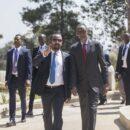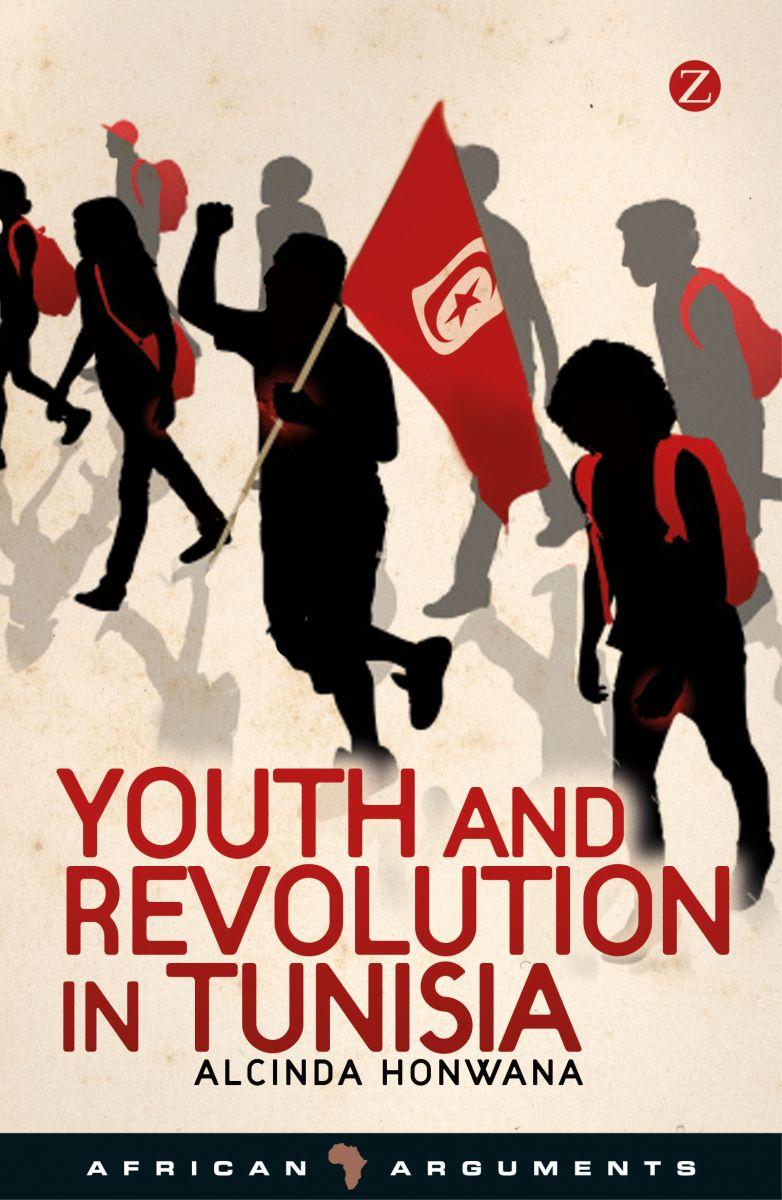The Road To Hell (In Africa) Is Paved With Good (Western) Intentions
The victory of retired general and former acting president Mohamed Ould Abelaziz in the 18 July presidential elections in the Islamic Republic of Mauritania is another slap in the face of the EU’s Africa policy, but a vindication of AU regional diplomacy forcing domestic opponents to sit together and hammer out an agreement.
If Commissioner Louis (a variation of Louis such as Luis seems to be a prerequisite for persons in charge of telling Africans how to run their own affairs) Michel had had his way former president Sidi Mohamed Ould Cheikh Abdallahi would have resumed the presidency and Abdelaziz, who led the bloodless coup against the latter a year ago on 6 August, would have been in the dock at least.
Instead Abdelaziz, who resigned his commission and as acting president last May to run in the presidential elections, originally scheduled for 6 June, is now the confirmed as president elect, but relations between the EU and Mauritania, an important regional ally in Northwest Africa, not in the least in the so called “˜war on terror’, but also in tackling people and drug trafficking, has been substantially damaged, certainly in the short to intermediate term.
Naturally in our new political era of global democracy and justice, military coups are not the constitutional and correct way to change governments, although apparently “˜regime change’ may still be attempted by extra constitutional means by the US and its allies, but kneejerk condemnations and rejections of African coups in western capitals and such activist “˜advocacy’ groups as for instance the International Crisis Group (ICG) and Human Rights Watch (HWR) etc without taking cognisance of the background and context rather than considering every coup on its own merits will not create more regional stability in Africa, on the contrary.
Similarly a rigid insistence on a return to the status quo ante, if need be by military means apparently, rather than trying to try to find a political solution based on the new political reality that will lead to the return of constitutional politics, will neither create the regional stability that Africa is craving.
The way of how the European Commission tried to deal with the Mauritanian August 2008 coup and the refusal of the followers of the ousted president Cheikh Abdallahi to engage with Mauritanian military council led by Abdelaziz in the expectation that the “˜international community’ or “˜donor countries’, ie the “˜West’, as they interpreted the signals from Washington or Brussels, were to put him back in power, will become classical case study.
Professor Mahmood Mamdani, in a recent lecture in London’s Westminster University to promote his latest book Saviors and Survivors, replied to a question about the refusal of the Darfur rebel groups to seriously engage in the peace process that in today’s Africa opposition groups in countries with divided societies prefer the “˜donors’ to impose solutions, often encouraged by supportive “˜advocacy’ NGOs, rather than trying to find local and regional endorsed political solutions.
The unravelling of the 2006 Darfur Peace Agreement with the SLM/A splintering in countless and ever changing factions and the originally military insignificant JEM becoming the dominant military force, has not stopped the activists, and certain countries such as France in pursuance of its own interests in Chad in particular and the wider Sahara and Sahel region in general, encouraging the Darfur rebel movements not to engage positively in the post Abuja peace process.
The net result is not only continuing insecurity in Darfur and a simmering civil war in Chad, but the ensuing instability is rippling through the southern Sahara and Sahara westward undermining further the stability of Niger, Mali and Mauritania, which are faced with their own low insurgencies, such as respectively by the Touareg and the unsolved Western Sahara situation as well as the threat of the local al Qaeda affiliate in the form of the Salafist al Qaeda in the Islamic Maghreb (AQIM).
However, such considerations does not seem to worry the “˜advocates’ nor the European Commission in Brussels which instead of engaging with Abdelaziz and the other Mauritanian political leaders to find a political solution to the crisis in Mauritania suspended all aid except essential humanitarian assistance that hurt the population at large. Commissioner Michel’ s insistence that nothing than the reinstatement of Sidi Mohamed would do, emboldened his followers in refusing to seek a solution internally to the political stalemate.
It was conveniently ignored in Brussels and other western capitals that Abdelaziz had not dissolved parliament, which had been elected prior to the election of Sidi Mohamed as president in April 2007 and of which the majority endorsed the August 2008 coup. Equally convenient it was ignored that the political crisis in Mauritania in the first place was caused by Sidi Mohamed’s own action in the run up of the August 2008 coup when he dismissed the government that had been appointed after the 2007 parliamentary elections and tried to impose a new government consisting if people, including Communists and Islamists who had not supported him in 2007 and which failed to get parliamentary approval., causing a major crisis.
Following the August 2008 coup Sidi Mohamed’s followers created the myth of the “˜good coup’ of August 2005 that toppled, also bloodless, the autocratic and corrupt regime of Maaouiya Ould Taya, in which Abdelaziz played a leading role too and the “˜bad coup’ three years later led by Abdelaziz. Through opposition linked NGOs influencing gullible western journalists, whether or not based in Africa, it was attempted to rubbish the reputation of Abdelaziz by suggesting that he was a reactionary intent to roll back the reforms of post August 2005 which he helped to implement, as reported in the British Independent and Observer newspapers
Even more damning was the attempt to link, for instance in the British Sunday Telegraph, Abdelaziz to the so called old “˜slave masters’ of Mauritania, which just like Sudan as an Arab League member in the southern Sahara/Sahel region has been plagued by allegations of slavery and of suppression of “˜Africans’ by “˜Arabs’, while in reality Abdelaziz has been in the forefront of a national campaign of reconciliation to right historical wrongs between the Arabised Berbers of the “˜White Moors’ or Bedan, the “˜Black Moors’ or Haratin and the “˜Sudanese’ as the ethnic groups of the Wolloff, Fulani and Soninke in the south and east of the country are called.
But when the opposition refused to participate in the presidential elections scheduled for 6 June even after Abdelaziz had resigned as general and acting president in May, Senegalese President Abdoulaye Wade, fearing further instability in West Africa with a low insurgency in his own Casamance region, coups in neighbouring Guinea Bissau and Guinea Conakry, unresolved issues further down the Guinea littoral in Liberia, Sierra Leone, and Cote d’Ivoire, intervened and hammered out with the full support of the AU a deal under which all the Mauritanian parties agreed to participate in the presidential elections postponed until 18 July, which Abdedlaziz won with more than 52% in the vote that international observers have declared was fair and transparent.
The EU had to accept begrudgingly the result and the “˜advocates’ will certainly not thank President Wade, who is already in their bad books for refusing to extradite to Brussels former Chadian president Hissene Habre (and is anyone seriously suggesting that his crimes, or dare I say those alleged by Omar al Bashir, are more worthy of prosecution, than that of sitting Chadian president Idriss Deby who enjoys the support of the US and EU?). But Wade, looking at the challenges mentioned above facing Mauritania to Niger and beyond and along the Guinea littoral to Cameroon, clearly prioritised regional stability as a prerequisite for democracy and justice rather than the abstract ideals so beloved by the “˜advocates’.
In themselves one cannot disagree with these abstract ideals as such like constitutional politics and international criminal justice etc, but the problem lies in their arbitrarily and contradictory implementation by the administrations in Washington, London, Brussels and Paris and it becomes clear that good (Western) intentions can, and will continue to, pave the road to Hell in Africa, unless Africans are allowed find their own political solutions to their problems and are given the necessary support rather than have these imposed by the West, how “˜political correct’ they may look to the “˜advocates’ and the commentariat.






